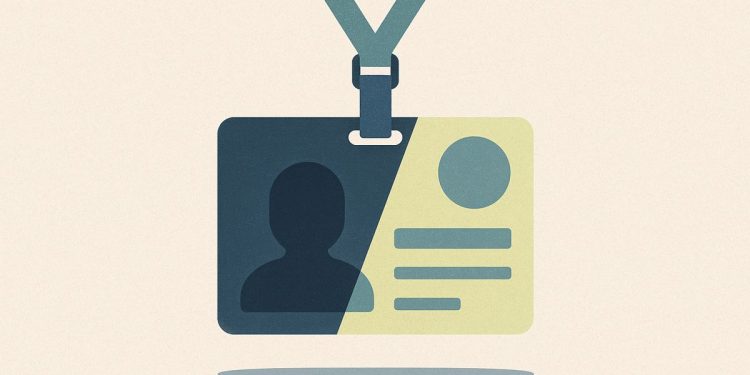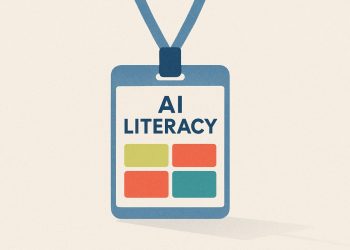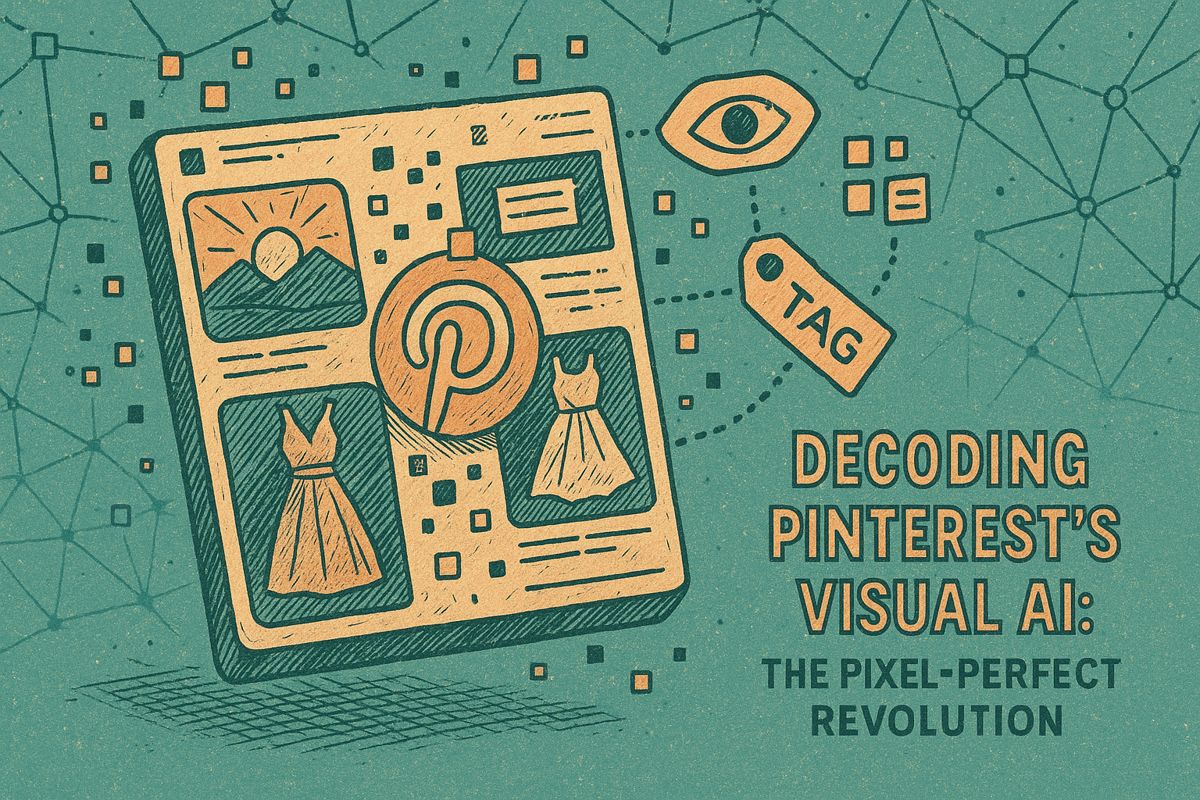A major AI trust gap is growing in the American workplace. New research from SHL reveals that most US workers don’t trust AI in HR, with only 27% of employees confident that their employers use AI responsibly for critical career decisions. This skepticism raises urgent questions about fairness, transparency, and the future of talent management.
Key Findings from the SHL Survey
The core of the trust issue stems from a lack of transparency and a fear of unchecked bias. Employees are concerned that automated systems make unfair decisions without human oversight. When companies use AI as a “black box” for hiring or performance reviews, workers assume the worst, eroding confidence.
The SHL survey of 3,000 U.S. employees highlights several pain points. A majority of workers prefer human involvement in key decisions, with 56% wanting people to screen job applications and 58% favoring human oversight for performance reviews. Furthermore, 59% believe AI exacerbates bias rather than neutralizing it. An AI-led interview would negatively alter the perception of an employer for 74% of candidates, who describe the experience as “impersonal” (37%) versus “innovative” (23%), according to the SHL press release.
Impact on Hiring and Retention
This growing skepticism directly impacts talent pipelines. Gartner data reveals that offer acceptance rates fell to just 51% in 2025 as candidates grew wary of opaque, AI-driven hiring processes. Reinforcing this trend, HR Dive reports that candidate trust in AI fairness is only 26%, fueled by fears of algorithmic bias and “ghost jobs” posted solely for data collection. Retention is also at risk, as skilled employees with AI training are 55% more likely to leave for better opportunities when internal promotion paths are unclear.
Bridging the Trust Gap with Transparent Governance
Experts agree that building trust requires transparent governance. Companies should publish plain-language explanations of their AI models, including the data sources used and bias-mitigation steps taken. Workers also demand clear recourse, with human reviewers for disputed AI decisions being a top request. Establishing a governance framework that assigns clear accountability for AI outcomes helps demonstrate that humans remain firmly in control of the process.
The Role of Education and Ongoing Dialogue
Upskilling is a critical part of the solution. Nearly half of all employees are willing to take online courses to build AI fluency, and many will invest their own time if employers provide the resources. Interactive learning is particularly effective; hands-on AI demonstrations have been shown to increase employee confidence by 72% compared to simply reading policy updates.
Looking Ahead: The Business Case for Trust
As AI continues to proliferate in HR, the gap between rapid deployment and worker trust threatens to limit its value. Organizations that prioritize transparent systems, human oversight, and accessible education will gain a significant advantage in attracting and retaining top talent. Conversely, those that fail to build trust may struggle to fill roles and keep their highest performers.



















